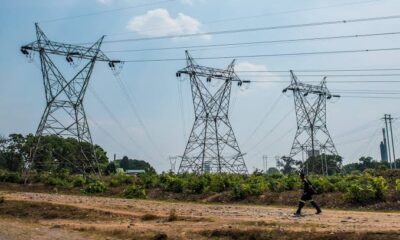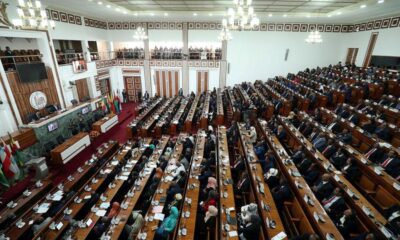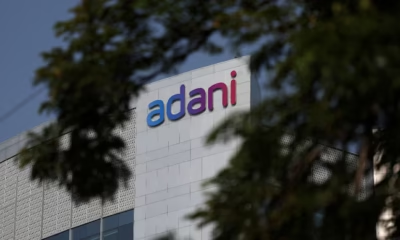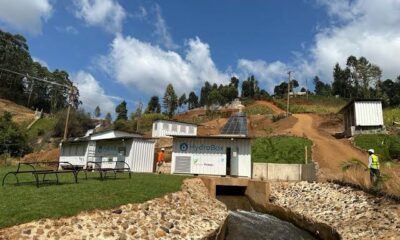Two years after a devastating economic crisis forced it into default, Ghana’s economy is expanding once more, but the effects of a local debt restructuring are threatening its longer-term recovery.
The local bond market was so severely damaged by the reorganisation, which was unprecedented on the African continent, that the government was compelled to rely increasingly on short-term, more expensive Treasury bills and private placements.
Investors are concerned about the reliance on relatively costly short-term finance. Additionally, six experts and investors told Reuters that the sustainability of government debt is further raised by private placements, whose pricing is sometimes opaque.
According to the individuals, the government may have trouble attracting purchasers when it attempts to access local markets for longer-term borrowings the following year.
“There’s little appetite whatsoever to gamble in (government debt) no matter how high or compensatory the rates are,” said Daniel Ankomah, Chief Investment Officer with Accra-based SAS Investment Management.
“It’s a market confidence thing and it’ll take a while alongside the economic recovery. To come back to where we were, we may need a decade or more.”
A further concern is the elections scheduled for December 7, which will choose Ghana’s next president. Investors are suspicious of the leading candidate’s spending pledges and are concerned about the government’s propensity to spend heavily to entice votes.
Despite the agony, Ghana’s finance minister claimed that the bond restructuring had made the debt sustainable again.
“We anticipate re-entering the domestic bond market in 2025, following a two-year hiatus,” it said in written response to Reuters
It further stated that the timetable was normal and that “an improved macroeconomic environment, specifically inflation,” was probably helping.
The IMF also stated that the temporary reliance on T-bills was anticipated and that continued fiscal tightening would reduce funding needs. The IMF’s debt sustainability evaluations calculate the amount of assistance required to get nations back on track.
“These developments are anticipated to enhance confidence in government securities and facilitate a gradual extension of their maturity profile over time,” it said in a statement.
Since domestic pension funds, banks, and people depend on them for funding when outside markets are too costly, governments that restructure debt usually protect them from losses. However, Ghana’s massive national debt prevented such a strategy.

 Metro2 days ago
Metro2 days ago
 Metro16 hours ago
Metro16 hours ago
 Metro18 hours ago
Metro18 hours ago
 Sports16 hours ago
Sports16 hours ago































